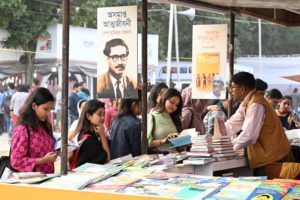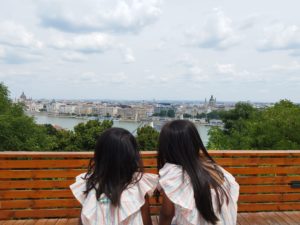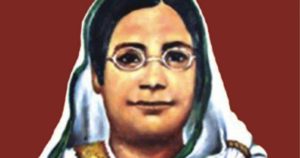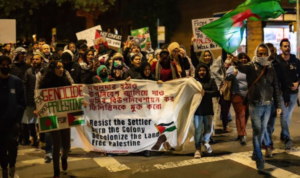Rediscovering the Childhood Magic of Ramadan
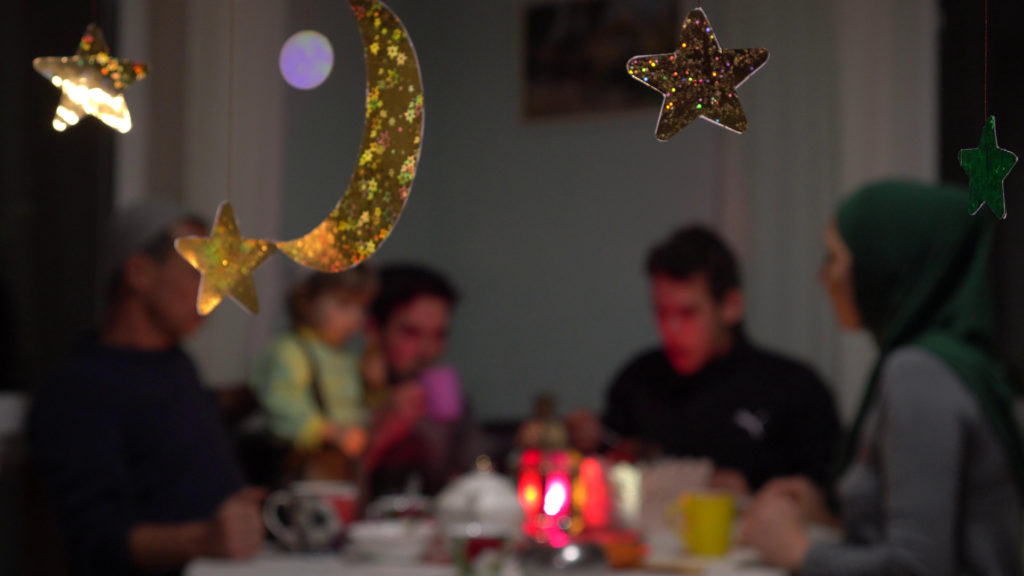
By Fatema Haque
Follow Fatema on Instagram
Many of my fondest childhood memories in Bangladesh are of Ramadan. It was a month of absolute delight. I loved telling people how many ruzas (fasts) I’d kept in a single day. Since I was too young to fast the entire day, my Nani (maternal grandmother) would feed me lunch and say, “You’ve already kept one ruza! MashAllah!” Neighbors and friends would drop by and ask, “How many ruzas have you kept today?” and I’d proudly share that I’d kept two, three, sometimes even four ruzas that very day!
I loved waking up in the middle of the night for fota (or sehri, the meal eaten before dawn to prepare for a day of fasting). My Nani and Khala (maternal aunt) would wait until all the food had been reheated and the table set before waking me. We’d eat hearty, heavy meals that would be slow to digest: beef or mutton curries, roast chicken, fried fish. No fast-digesting veggies for me, thank you very much! It was every kid’s dream.
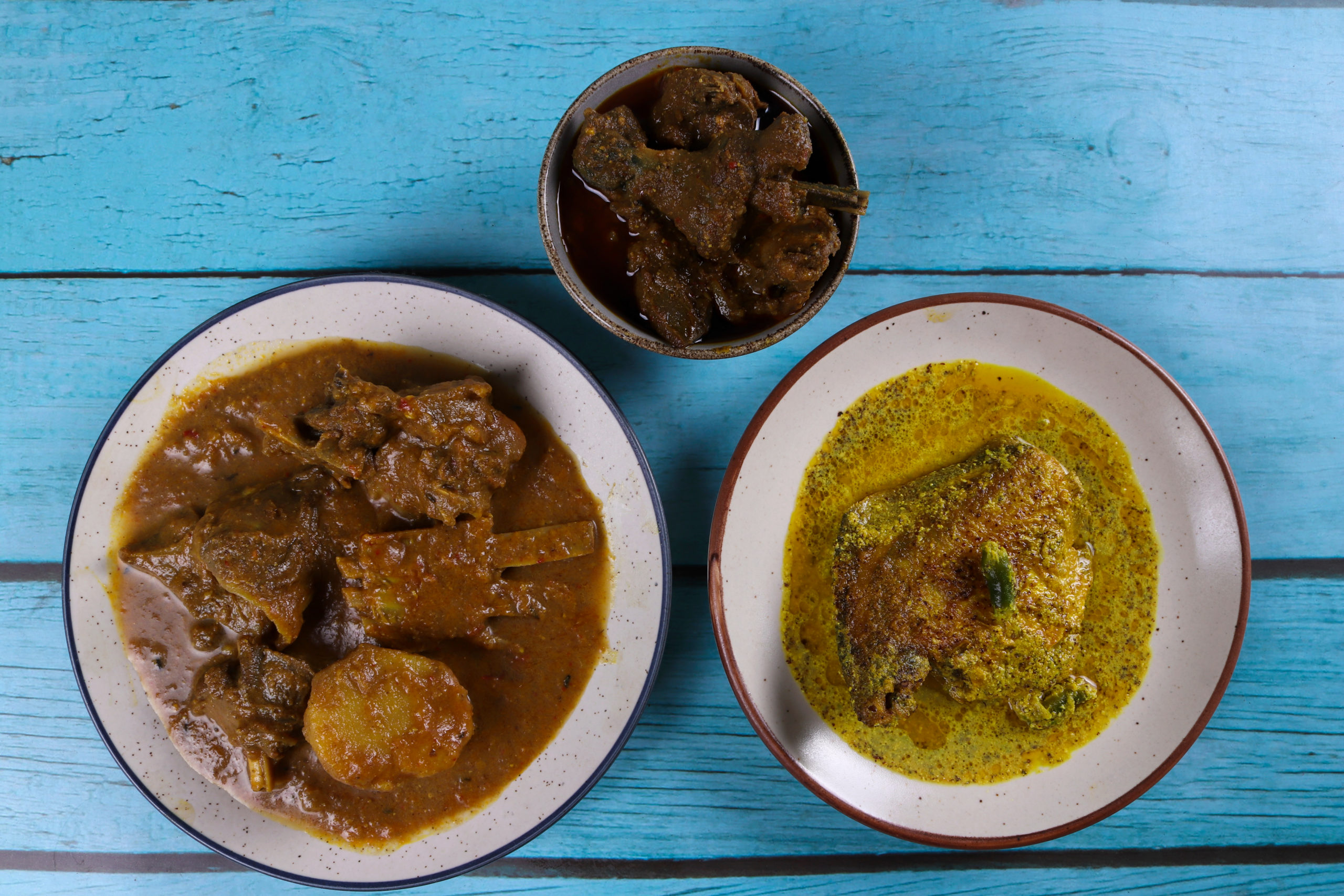
After our meal, Chuto Mama, my youngest maternal uncle, and I would play a game of what else could we eat before the azan (call to prayer) came on over the village loudspeaker, signaling the end of sehri. We’d dramatically sip water, extending each gulp for a millennium, and I’d try not to giggle so hard that water would spurt out of my nose.
Everyone slept in during Ramadan, but I, an early riser, could never.
I would sneak out of my bed, past Nani on her prayer mat reciting tasbeehs (she’s an early riser like me), and explore our slumbering village. I’d pretend I was an intrepid hero, battling intelligent vines that could wrap around your leg and trip you up, joining forces with chickens to find treasures with our beaks, and chasing goats away from precious plants that could save everyone from mass poisoning.
During the day, I’d debate with my friends about what would invalidate or break a fast. With schools closed for the month, we had ample time to decide if swallowing saliva broke a fast or if you had to spit constantly. On days when we’d agree that swallowing spit did break a fast, we’d hurl wet globs at the feet of unsuspecting passersby to preserve our fast. On other days, we considered whether putting a boroi (jujube) into our mouth (but not biting into it!) would break our fast. Did smells count? Since passing gas broke wudu (cleansing for prayer), did they break fasts, too?
Half an hour before sunset, I’d keep an eye on the driveway, waiting for Chuto Mama to return from the market, a soaking paper bag full of hot zulafi (jalebis) in his hand. Nani and Khala cooked dish after dish for iftar: khichuri and chana and fiazi (piaju) and aloor chop. They spent countless hours in the kitchen, laboring away while fasting. It was too common a sight for me to appreciate, and instead, the mystery of the market that men went to—where zulafi was cooked in hot vats of oil next to hotter vats of haleem—had far greater appeal.
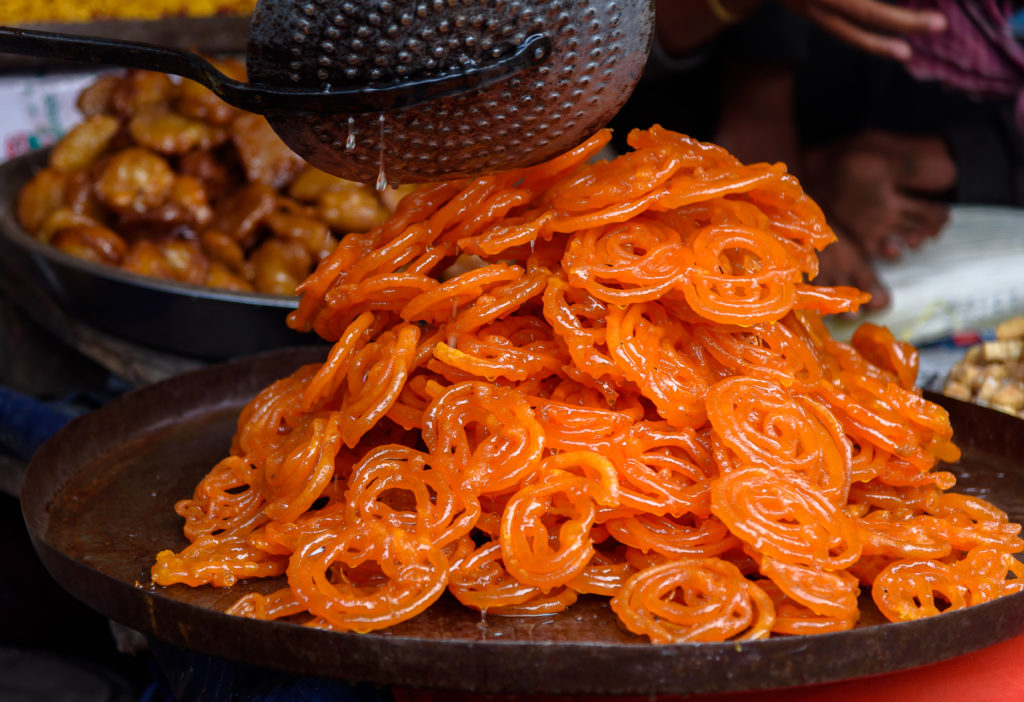
I didn’t realize it at the time, but Ramadan also gave me my first entry into the secret lives of women. Menstruating aunties who weren’t fasting would pull me aside to “feed me” so they could sneak in a meal. Even if I had no interest in eating, they’d loudly announce, “Come eat this mishti,” and bite into sweets delivered by neighbors and relatives in pastel pink boxes tied with thin ribbon. “Don’t tell anyone,” they’d tell me, swallowing morsels of kalojam, roshogulla, zulafi, and nimki. I’d keep their secrets, thrilled to be in on them, sneaking in bites and surreptitiously licking sweet syrup off my fingers, palm, and wrist.
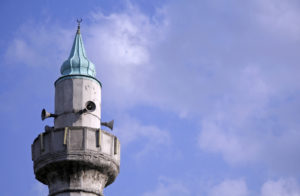
Then there were the moments when all the food was laid out on the table and everyone had their eyes on the clock, counting down the seconds. Nani, more devout than the rest of us, ignored us and read the Quran until the muazzin (mosque official who recites the call to prayer) at the local masjid recited the azan over the village loudspeaker. This signaled the time to break fast, which we broke with plump dates and tall glasses of cold water.
I never got to recreate this experience in the United States.
Few things signaled the observance of Ramadan here in Michigan: occasional iftars hosted by my dad’s friends, girls at school wearing hijabs when they typically didn’t, and mosques arguing over when to celebrate Eid (they never quite agreed on the same date, so the community remained split). Nothing else changed: Abba still went to work, and my brother and I went to school.
I started to give up on Ramadan, thinking that I’d never experience it the same again. As an adult, it became harder. Living alone, fasting 14-16 hour days while showing up for work and everything else—it didn’t make sense. I couldn’t actualize the promise of Ramadan, the chance to renew and recommit to faith, family, and community. I tried hosting iftars and joined other groups observing Ramadan, but nothing gave me that sense of community I had as a child.
Until last year when the pandemic hit.
In lockdown, my work moved online and I could be anywhere. I decided to spend the month with my family, which had grown by two: just two months prior, my sister-in-law and niece had moved to the U.S. I didn’t know them well, and spending an entire month with them seemed like the best way to form a bond.
Because of COVID, we knew we would not be hosting or attending dawats (gatherings over food). The men in the family wouldn’t go to mosques for tarabi prayers, and everyone would be home to eat sehri and break fast at iftar. I naturally found myself in a new routine: staying up after sehri, writing, and listening to my neighbor reading the Quran loudly and nasally in the predawn night. I read an essay a day from Toni Morrison’s “The Source of Self-Regard” and took a short nap before diving into my workday.
My day was broken up by time with family: reading to my niece, cooking iftar with my sister-in-law, sitting down for iftar as a family. With my niece, I rediscovered the childhood wonder of Ramadan. Right before iftar, she excitedly gave me directions on how to set the table, explaining who would sit where. Her excitement brought the adults together, laughing and happy.
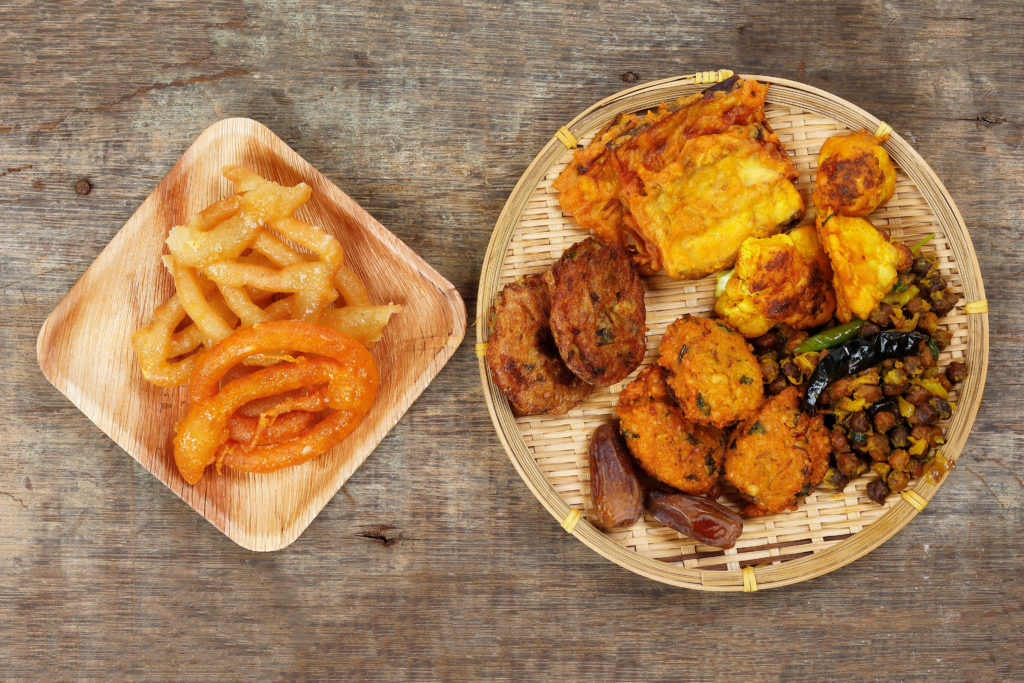
I’m back in my childhood home again this year spending Ramadan with my family. I can feel the sense of connection and common purpose again. It’s easy to be in the rhythm of Ramadan, to wake up before the sun rises, to fast, to be with family. It’s something I didn’t expect to have again, not since I was a child.
It’s one of the few gifts this pandemic has brought: a complete reimagining of what’s possible. I don’t know if I’ll get to have this again (hopefully, it doesn’t take an ongoing or new pandemic to get flexibility in our work or secular routines) but for now, it feels like a miracle.
Visit Fatema’s website to read more of her writing.
Read More
The Legacy of Boi Mela
Every year in February, the month-long national book fair welcomes...
Read MoreMillennial Amma: How to Explain a Global Crisis As a Parent
Rumki Chowdhury shares tips for how to talk to children...
Read MoreBegum Rokeya’s Millennials
A tribute to a pioneering Bengali feminist writer, educator and...
Read More